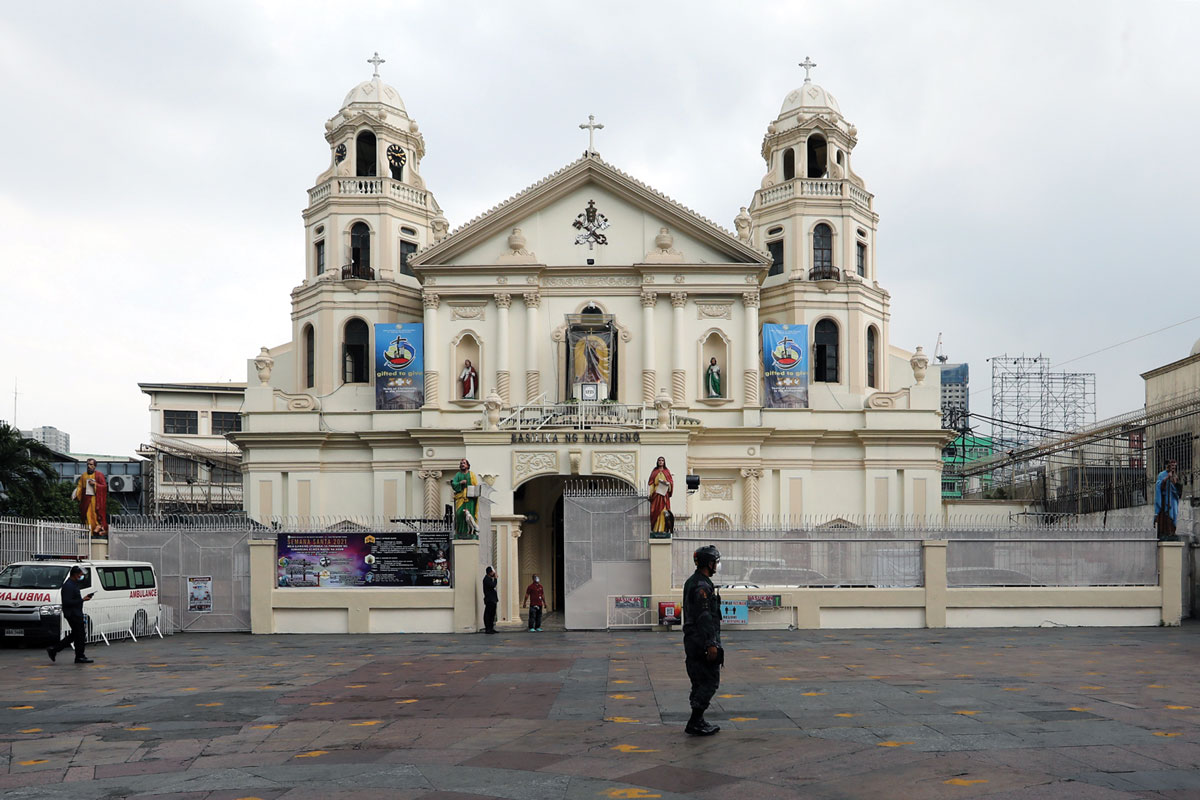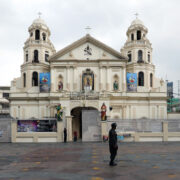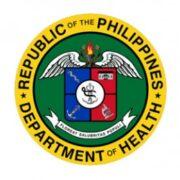
EXTENDING the enhanced community quarantine (ECQ) in Metro Manila and four nearby provinces beyond April 11 has been ruled out by Malacañang in favor of the more lenient modified ECQ (MECQ) to curb the spike in COVID-19 cases in the country.
“I don’t think ECQ for a third week is actually a possibility,” Presidential Spokesperson Harry Roque said in an interview over ANC’s Headstart on Monday, April 5.
“In fact, based on the model of the DOH (Department of Health), what they recommended was two weeks of ECQ including last week and then we had earlier another week of bubble to be followed by a week of MECQ,” he added. “That’s the model we’re pursuing, two weeks of ECQ and another week of MECQ.”
The spokesman also admitted that the government lacks the funds needed to provide assistance to low-income families affected by the restrictions.
“Well, given what [Budget] Secretary [Wendel] Avisado said that we have no more funds for ayuda (assistance) and Congress currently is on recess ‘no. So in case we need a supplemental budget, we would have to request for a special session,” Roque told ANC.
In another interview with CNN Philippines, he noted that a two-week ECQ followed by a week-long MECQ may help in bringing down the nationwide COVID-19 cases to around 4,000 a day.
“If we impose another week of ECQ, in addition to the bubble and the one week of ECQ that we’ve had already, and if we were to impose another week of MECQ, we are looking at around 4,000 cases a day, which is a tremendous reduction from the 12,000 that we have right now,” explained Roque.
On Saturday, April 3, Malacañang announced that Metro Manila, Cavite, Bulacan, Laguna and Rizal will remain under ECQ until April 11, following the recommendation of the Inter-Agency Task Force for the Management of Emerging Infectious Diseases (IATF-EID).
“The IATF recommended the extension of enhanced community quarantine for a minimum of one week in Metro Manila and provinces of Laguna, Bulacan, Cavite, and Rizal,” Roque said in Filipino.
According to him, the enforcement of the “Prevent, Detect, Isolate, Treat and Reintegrate (PDITR)” measures need to be intensified during the ECQ period.
“We are requiring the local governments and our NTF (National Task Force) czars to conduct a daily monitoring in order for us to know the outcome of implementing intensified PDITR,” he added.
Since March, the Philippines has been hitting record high daily COVID-19 cases, with the daily tally even hitting over 15,000 infections on April 2.
To date, there are a total of 812,760 confirmed COVID-19 cases in the country, with 13,817 fatalities and 646,381 recoveries.






